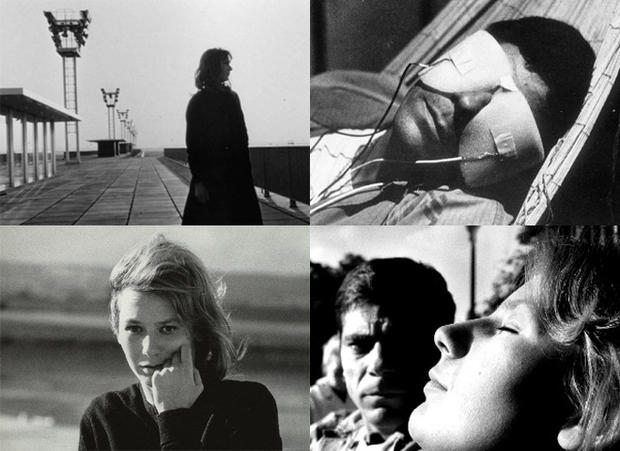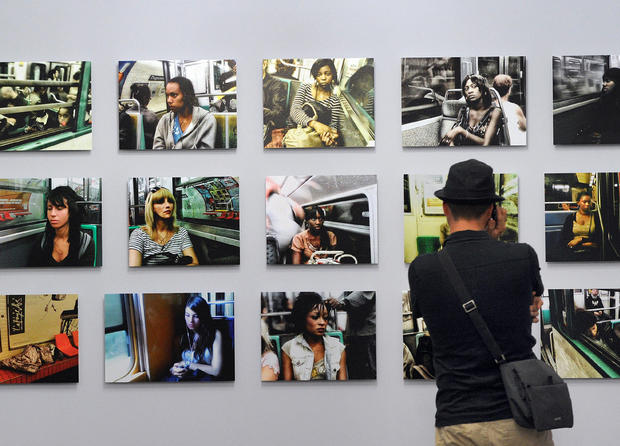Chris Marker, director of "La Jetee," dies at 91
(CBS/AP) PARIS - France's Culture Ministry has confirmed that award-winning French filmmaker Chris Marker has died, one day after his 91st birthday.
Many critics count Marker, with his experimental documentary style, as among the most influential French filmmakers of the post-war era.
His 1962 classic "La Jetee" - a 28-minute post-apocalyptic movie comprised almost entirely of stills - is often ranked among the best time-travel films ever made.
It was the inspiration for the Terry Gilliam science fiction thriller "Twelve Monkeys," in which a man travels into the past, revisiting a fateful, life-altering encounter.
The subjects of Marker's documentaries and visual essays ranged from politics to art to his cat.
Among his features was "A.K." (1985), in which he documented Japanese director Akira Kurosawa during the shooting of his epic "Ran," and "Sans Soleil" (1983), a meditation on travel and memory.
Cannes Film Festival President Gilles Jacob called Marker an "indefatigable filmmaker," paying homage to a director who was still active into his 80s.
A philosophy student and member of the French Resistance during World War II, Marker wrote essays and film criticism (including for Andre Bazin's Cahiers du cinema) before joining a collective of Parisian artists known as the Left Bank Film Movement, which included Alain Resnais and Agnes Varda.
His first film was "Olympia 52," a documentary about the Helsinki Olympics. Marker mixed newsreels, stills and animation in "Letter from Siberia."
But his breakout film was "La Jetee," a classic rumination on memory, time travel, and a vision of death. The film is comprised almost entirely of still photo montages that tell the bleak tale of a post-apocalyptic future and a man taking part in a time-travel experiment who ventures into the past, where he encounters a woman on a pier at Orly Airport.
Marker later claimed that stills were used for the film because he could only borrow a movie camera for a limited time.
Among Marker's other works were "Cuba Si!" (1961), a profile of Fidel Castro; "Far from Vietnam" (1967); "The Train Rolls On" (1973), "Grin Without a Cat" (1977); "2084" (1984); "From Chris to Christo" (1985); "Cat Listening to Music" (1990); "Zoo Piece" (1990); "The Last Bolshevik" (1993); "Level Five" (1997); and "The Case of the Grinning Cat" (2004).
In later years Marker explored multimedia and digital art, and in 1997 he released a CD-Rom titled "Immemory," which offered an interactive journey through memory.
"My working hunch was that any memory, once it's fairly long, is more structured than it seems,' Marker wrote in the disc's liner notes. "That after a certain quantity, photos apparently taken by chance, postcards chosen according to a passing mood, begin to trace an itinerary, to map the imaginary country that stretches out before us. By going through it systematically I was sure to discover that the apparent disorder of my imagery concealed a chart, as in the tales of pirates. And the object of this disc would be to present the 'guided tour' of a memory, while at the same time offering the visitor a chance for haphazard navigation."

